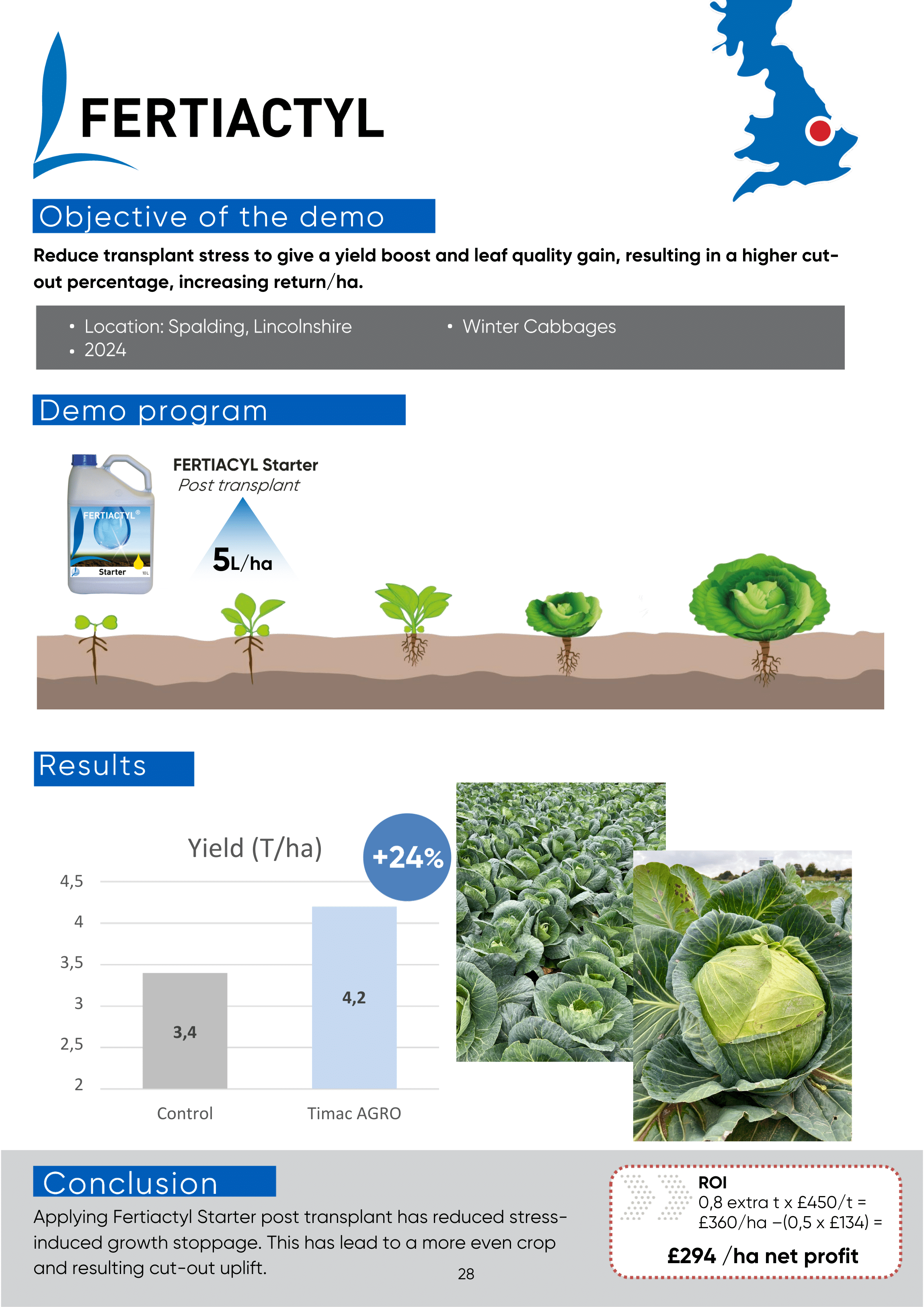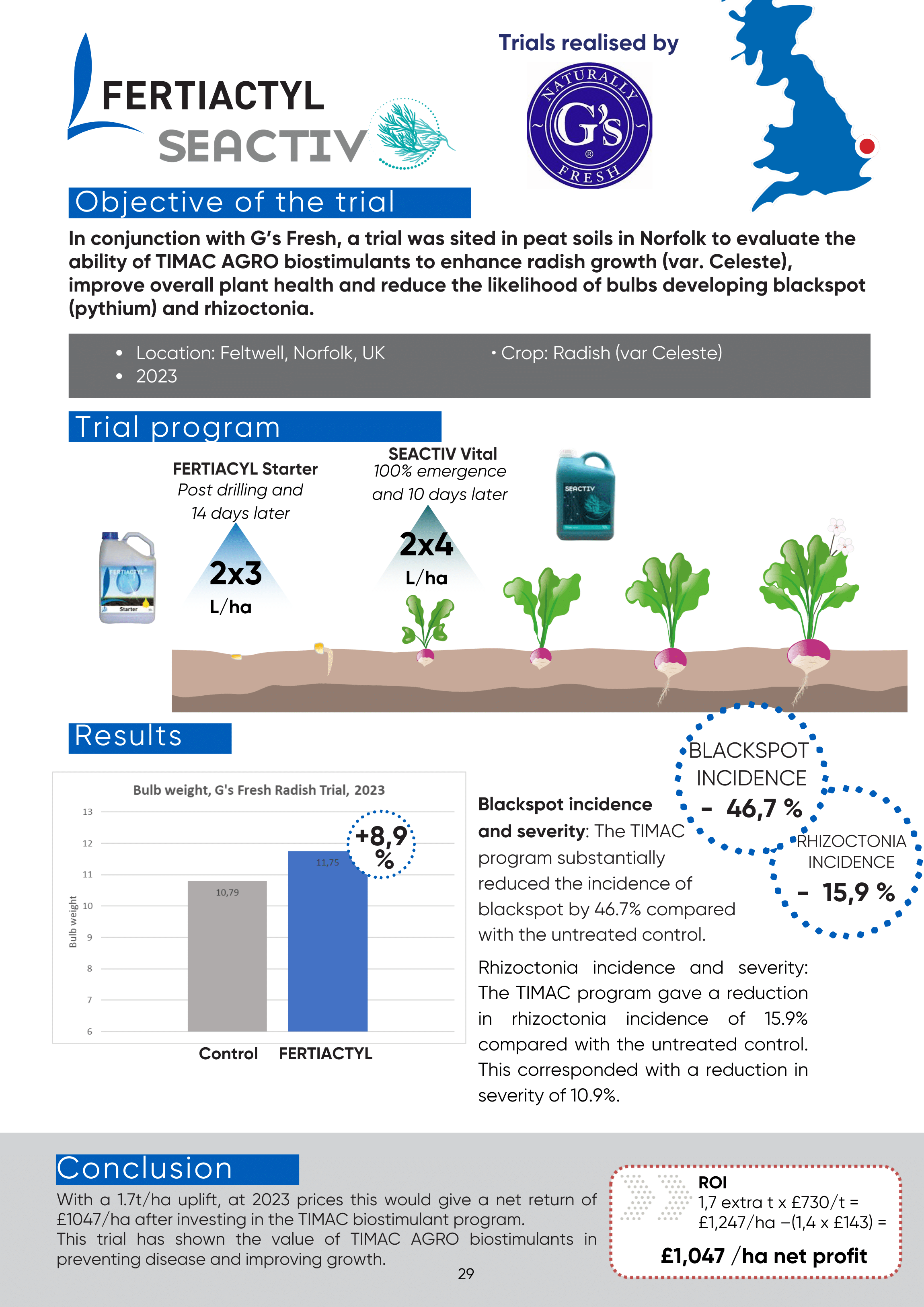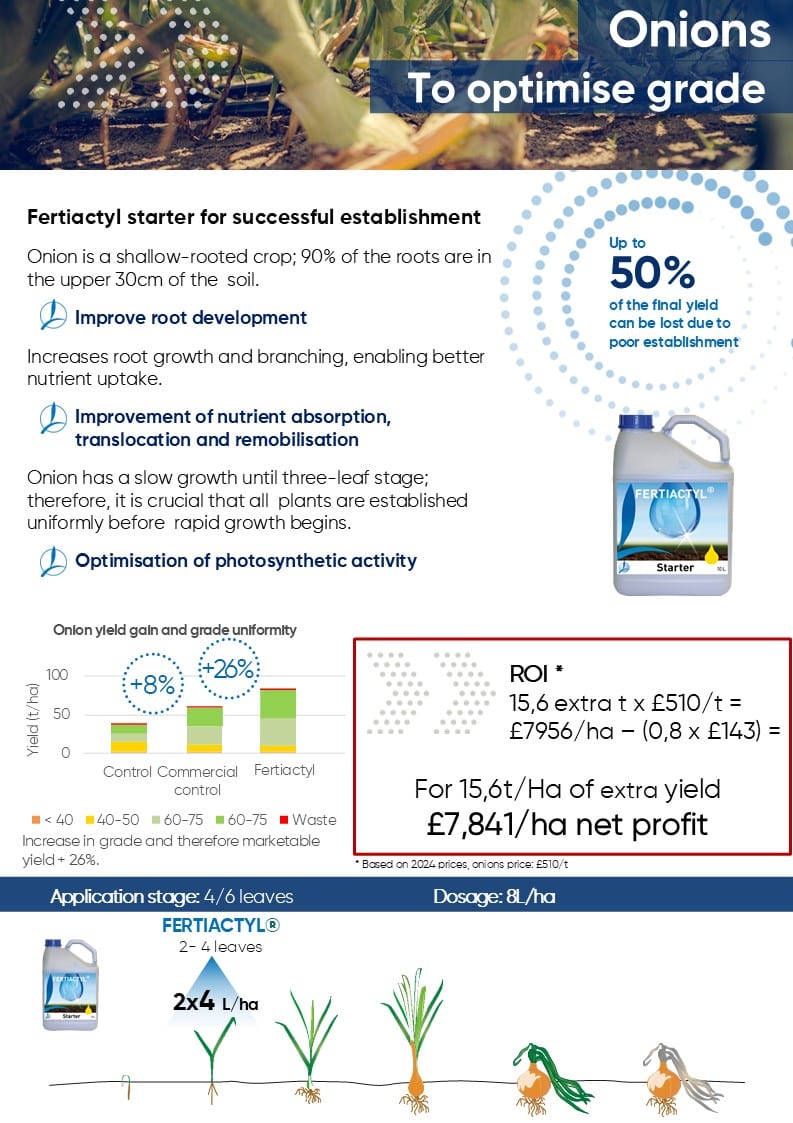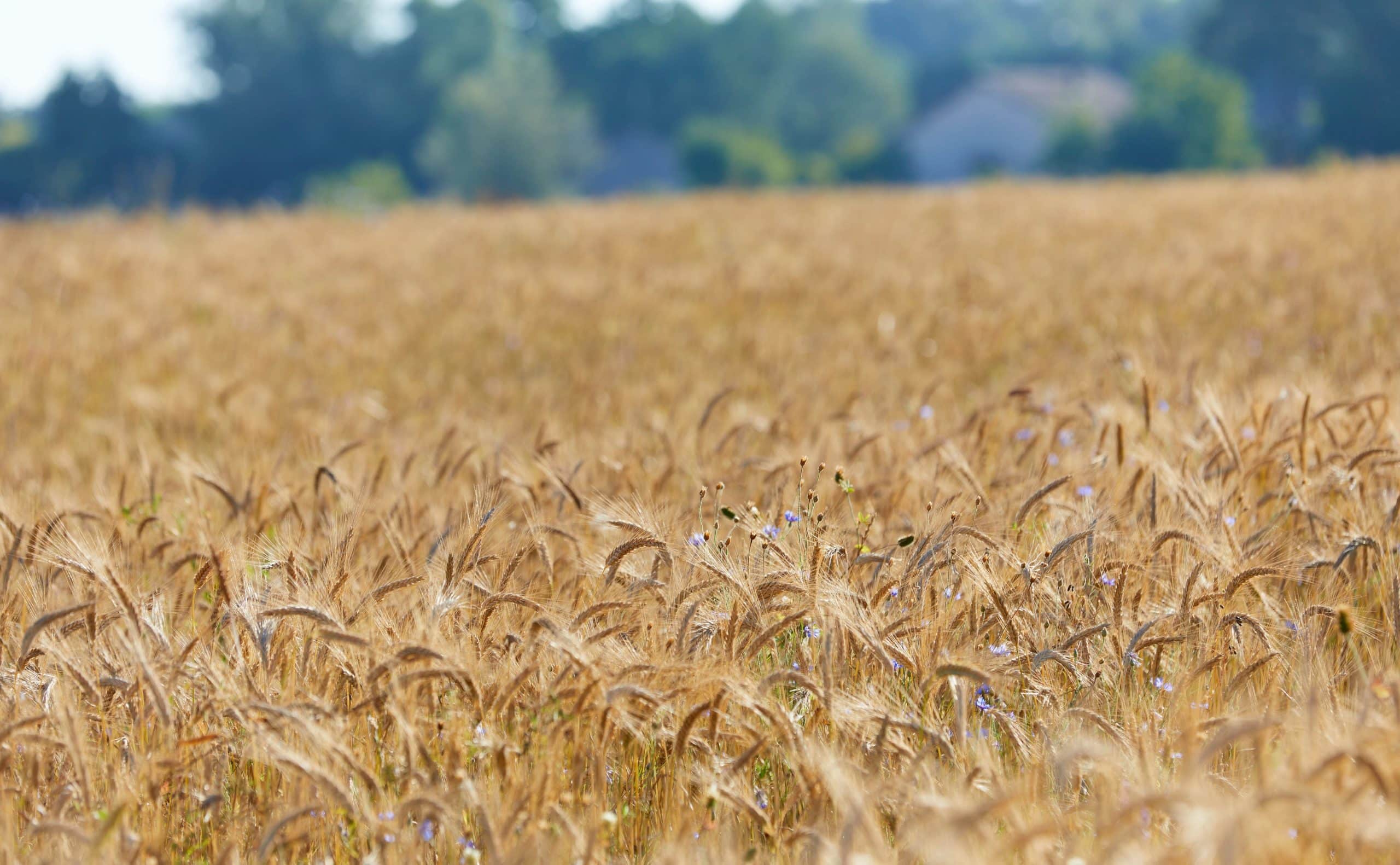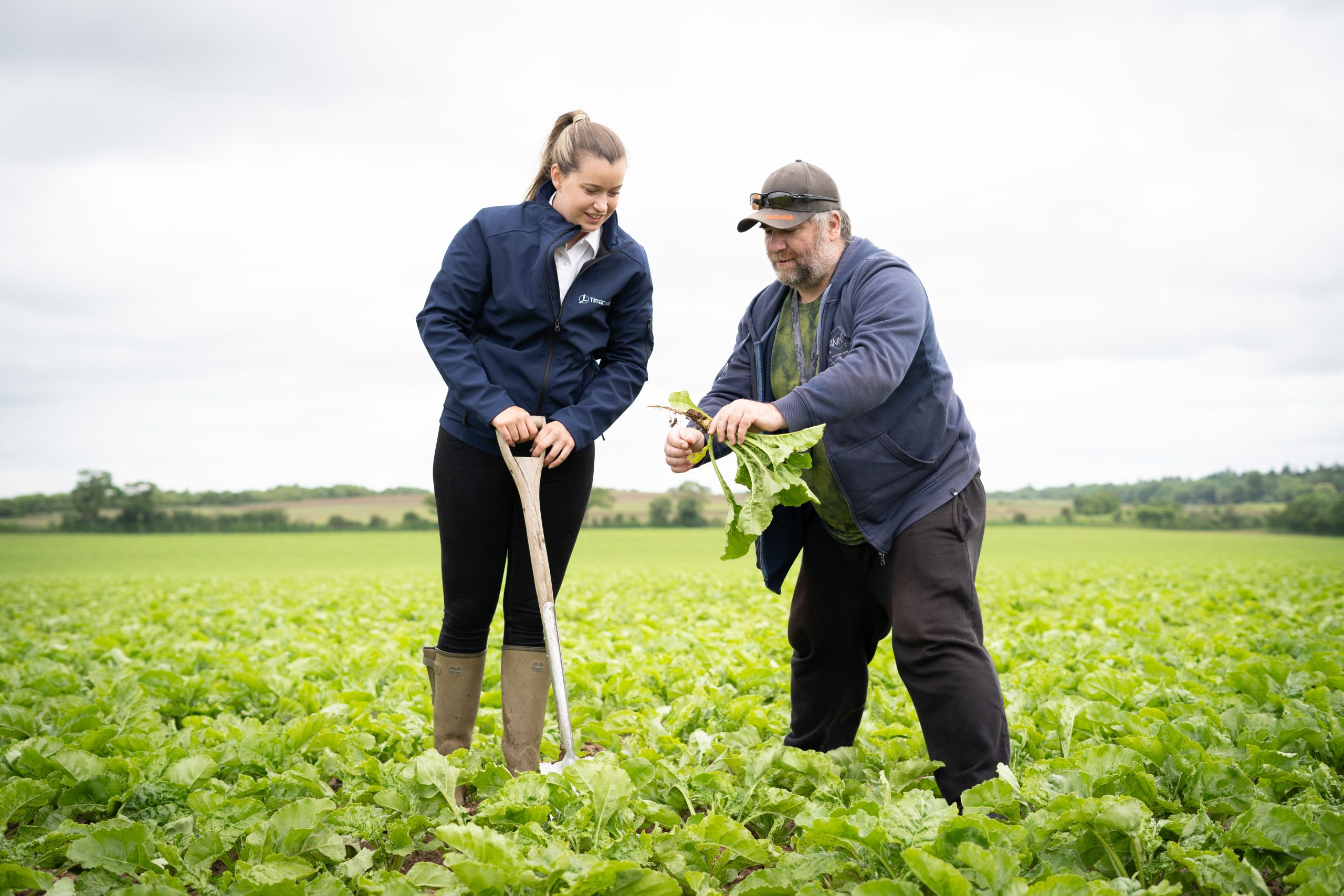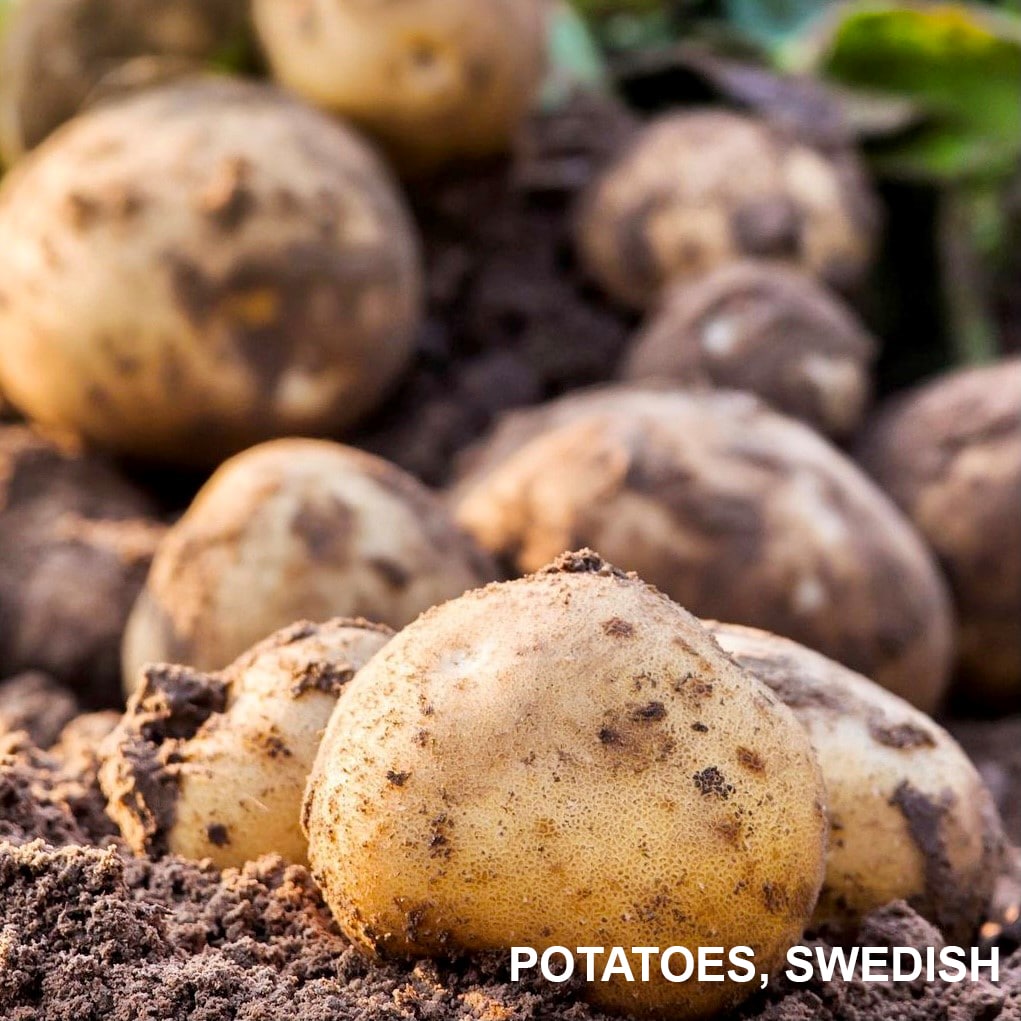Why use biostimulants on vegetables?
While the dangers posed by biotic stressors, such as diseases and pests, have long been acknowledged and mitigated with phytosanitary treatments, abiotic stresses are not seen as being preventable. Increased episodes of extreme weather, heat/cold, prolonged drought conditions, and frequent flooding are now leading to increased crop losses worldwide.
Studies show that 30-70% of crop losses can be due to abiotic stress [1] while only 10-20% of losses are attributed to biotic stress.
Preventive means of protection, such as biostimulants are now recognised as a key part of plant protection programs. By strengthening a crop’s metabolic resistance to stress on a structural and metabolic level, biostimulant products are the best way to fight against abiotic stresses.
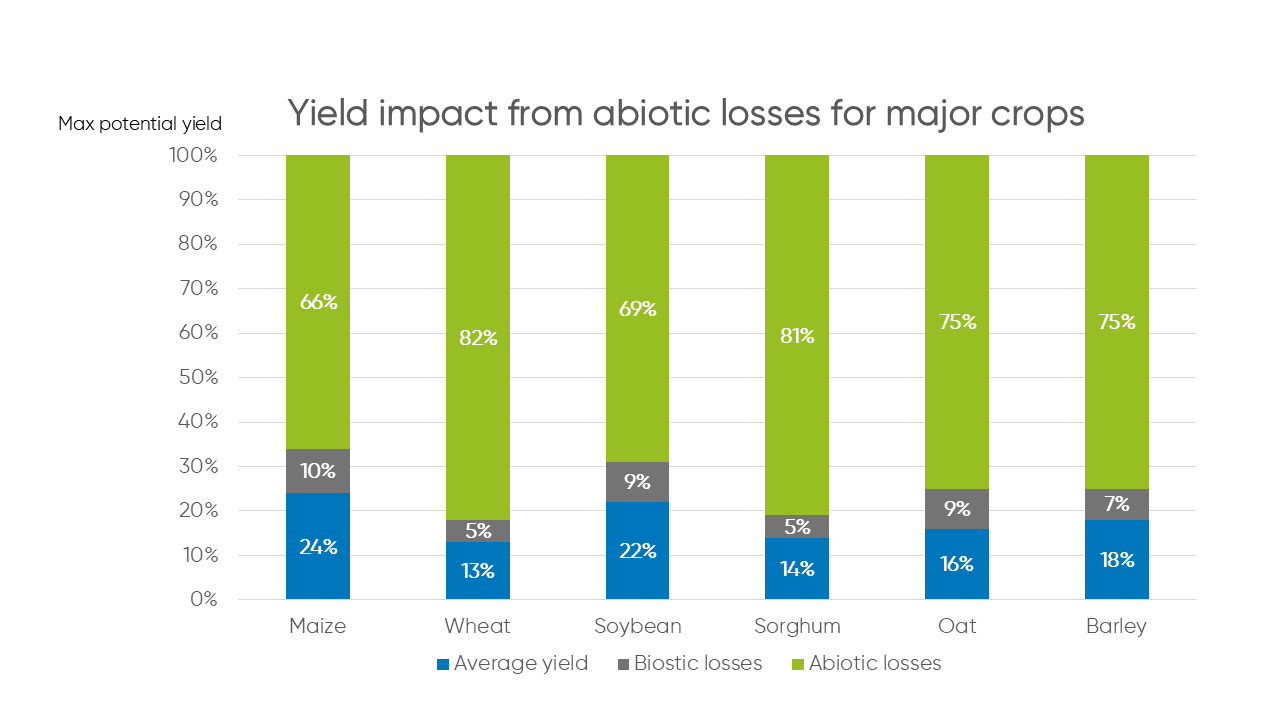
Vegetable production is generally an intensive and technology-oriented cultivation system. This type of cropping system requires high energy and natural resource inputs which should align with the concept of sustainable agriculture and supporting the environment on one hand, whilst meeting the increasing demands of consumers for high quality products and food security on the other.
Biostimulants are one of the solutions to help farmers address their current challenges:
- The need for sustainable products
- Promoting a more efficient use of nutrients
- Decreasing the need for additional inputs such as synthetic chemicals and mineral fertilisers
- The increase of adverse environmental conditions and extreme weather
- Improving the quality of the final produce, according to market trends and consumer preferences (increased shelf-life and better looking products)
In summary, the application of plant biostimulants is an innovative environmentally friendly approach towards sustainable crop production which faces several limitations such as water scarcity, depletion of natural resources, environmental stressors and climate change.
[1] Buchanan, B.B., Gruissem, W. and Jones, R.L. (2000) Biochemistry and molecular biology of plants. American Society of Plant Physiology, Rockville, Maryland.






